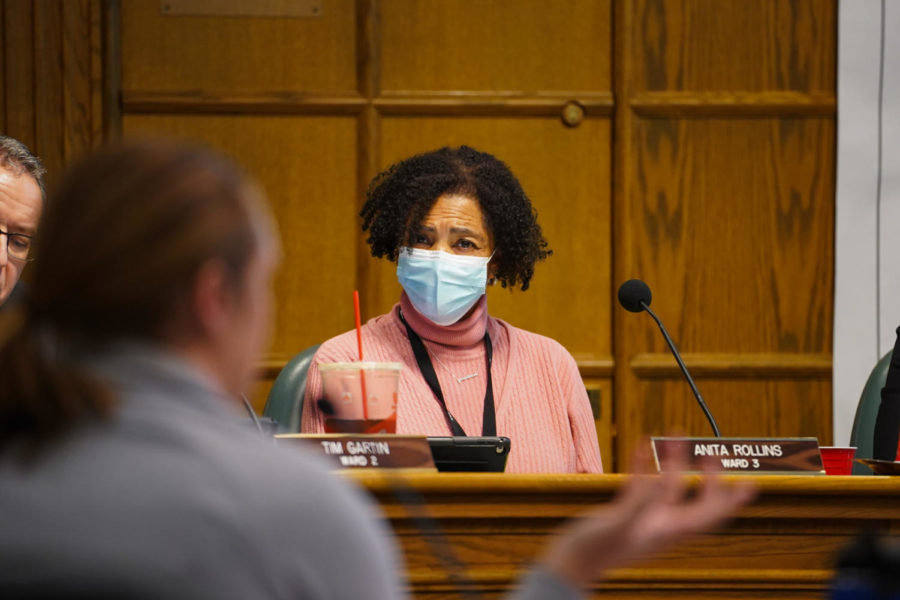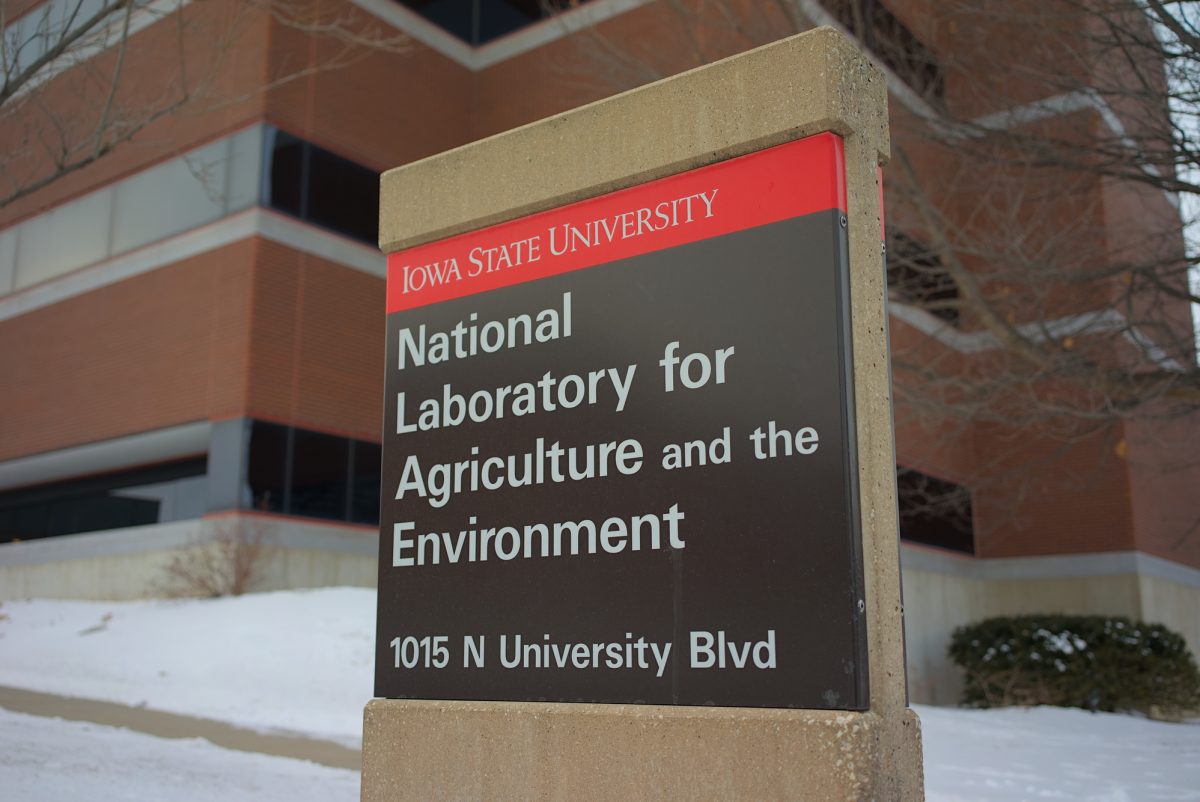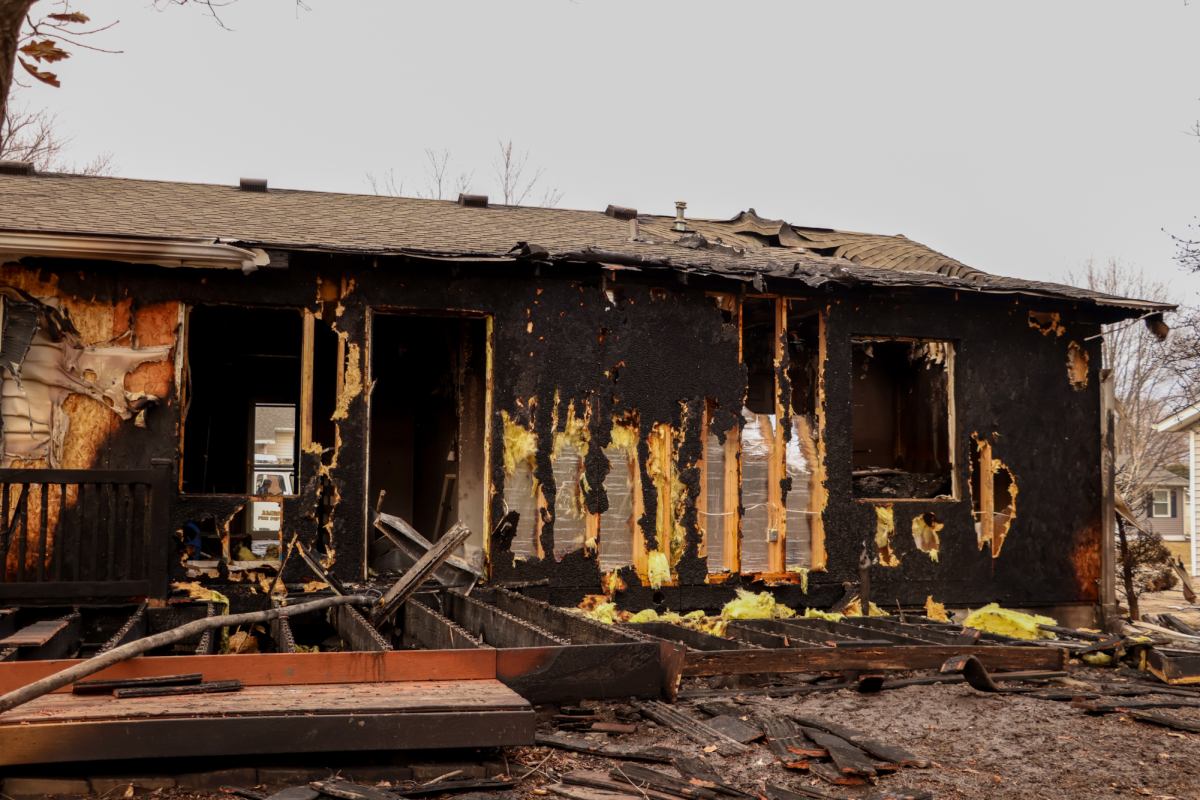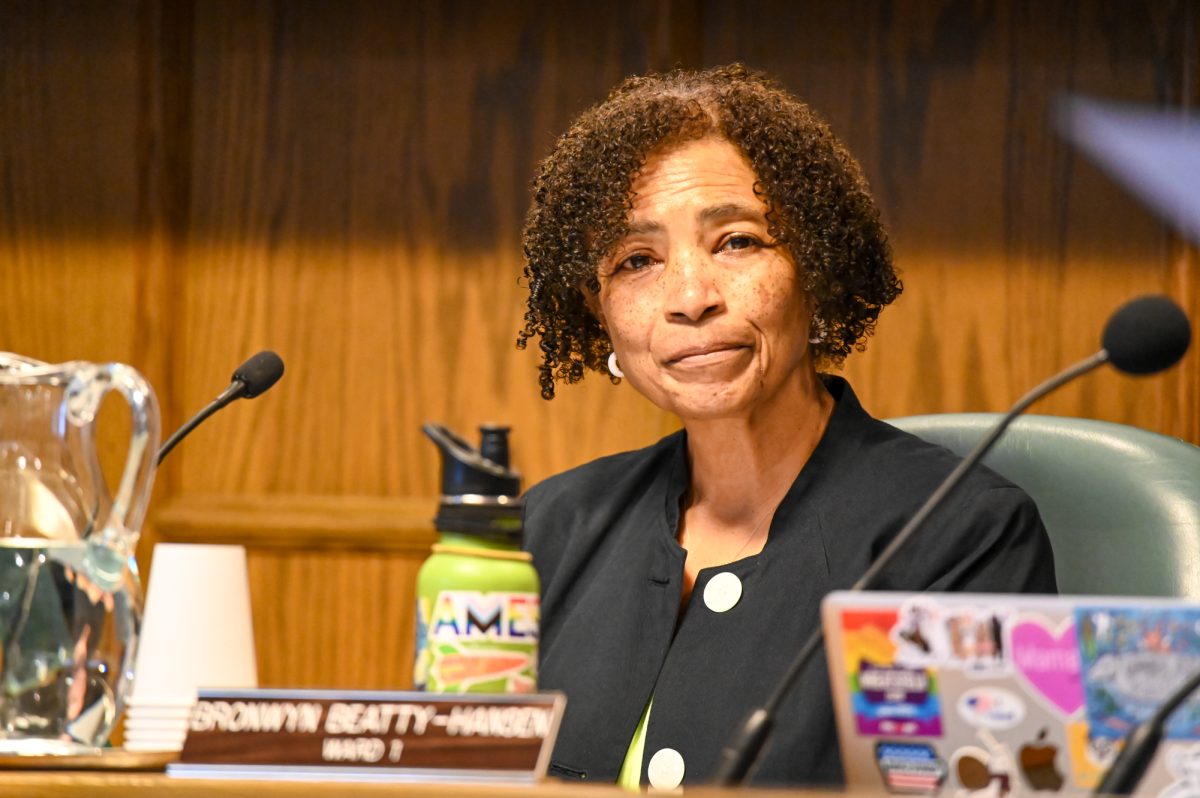City staff presented a report to the Ames City Council regarding public opinion on accessory dwelling units (ADUs). Public outreach about ADUs in low-density residential zoning areas occurred from mid-August to early October.
There were a wide range of responses from the public regarding the public outreach survey. When asked if they were interested in building an ADU in the next three years, 42.4% of respondents said “yes” or “maybe.”
The council discussed parking, size requirements and how ADUs affect affordable housing before deciding to move forward with a draft ordinance for a public hearing and to amend the city code.
City staff organized public outreach to discuss the construction of duplexes. The primary concern is near campus properties. The intention is to discourage increased construction of rental properties near campus and encourage a higher rate of house owners.
Based on the current draft, the council ruled that staff would be directed to proceed with public hearings for a zoning text amendment for the proposed duplex regulations.
The owner of 1923 Pullman St. requested that the city requirements for public improvements, as outlined in chapter 22.31, be waived. The public improvements included paving streets and upgrades to utilities.
The improvements would cost more than the property itself and posed financial difficulty to the owner.
It was decided that the council would allow for the development of the property without requiring the installation of public improvements.
Koshu City, Japan resolution
Ames partners with Koshu City, Japan, to foster closer connections and friendship. The council passed a resolution to continue the agreement between the two cities.
The purpose of the agreement includes promoting cooperation and encouraging “educational, charitable, scientific trade and commerce and literary activities,” according to city documents.
Card payments
City staff submitted a report in September 2022 recommending utility bills and parking tickets be permitted to be paid with a credit or debit card.
Card payments are permitted online, but the city council discussed the logistics of paying with a card at its customer service office. The biggest obstacle was how to address per-transaction fees.
The City Council approved the most cost-effective solution, and payments can now be made using the city’s existing financial software provider, CentralSquare. This ensures security, as data collected will not be held by the city but by the software company.
The software company is required to undergo an annual audit to assess safety standards.
“Everyone’s concerned about how that information is being guarded,” said Ward 2 Rep. Tim Gartin.
Finance Customer Service accepts credit or debit cards with a $2.99 fee, which the customer pays. However, CentralSquare uses a set rate, meaning the maximum amount per transaction is $450.
Resident Satisfaction survey
The council discussed the 2023 Resident Satisfaction survey results. There was a significant increase in respondents compared to last year; public opinion was generally positive, and general satisfaction has increased.
“Those are people delivering those services […] we’re very proud of our city staff for delivering quality service,” Gartin said.
The City Council updated the property maintenance code at a recent meeting, making other updates necessary. The definition of “public nuisance” had been previously altered and multiple chapters were updated to match this new definition.
Some of the newer updates approved at the City Council meeting Tuesday include amendments to chapters discussing junk vehicles, streets and sidewalks and parking codes.
The council moved to add vehicle definitions to chapter 29 based on chapter 30, replace the term “inoperable vehicle” in zoning with one junked vehicle, keep the current 30-day limit and other outdoor storage limitations and amend the zoning ordinance for an exception to screening related to individual containers serving one- and two-family homes.
A policy that no ongoing displays, other than city-owned displays, will be allowed on city property was approved.
The city previously allowed the Ames Chamber of Commerce to set up a display at Tom Evans Plaza on Main Street during the holiday season. Last year, they approved a request to display a nine-foot menorah for Hanukkah.
Because the city allowed the chamber of commerce to display on city-owned property in the past, restricting the menorah would have been considered content discrimination under First Amendment case law, according to city documents.
This concerned the council, as they could not restrict a display based on its content, even if it were inappropriate or offensive.



















